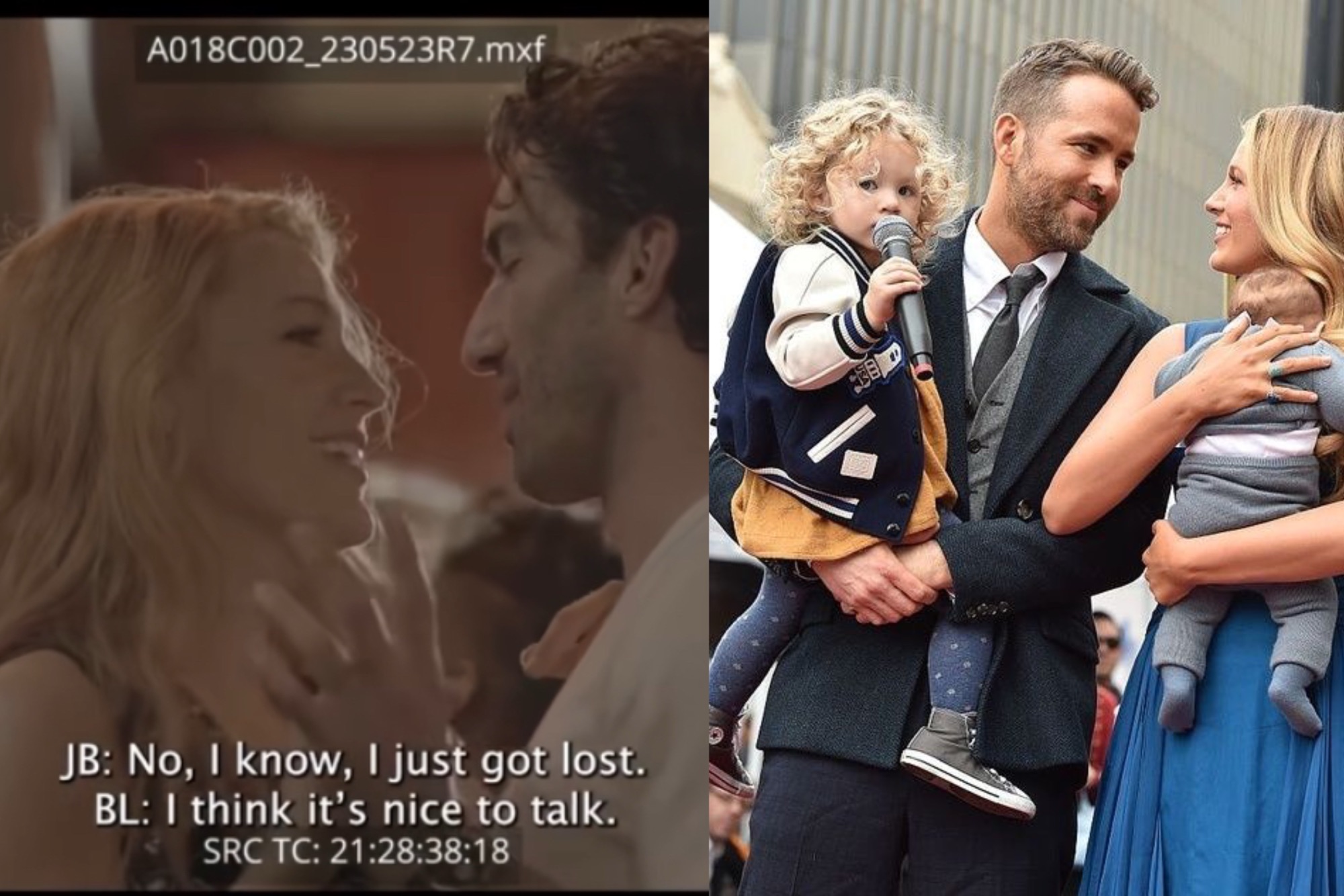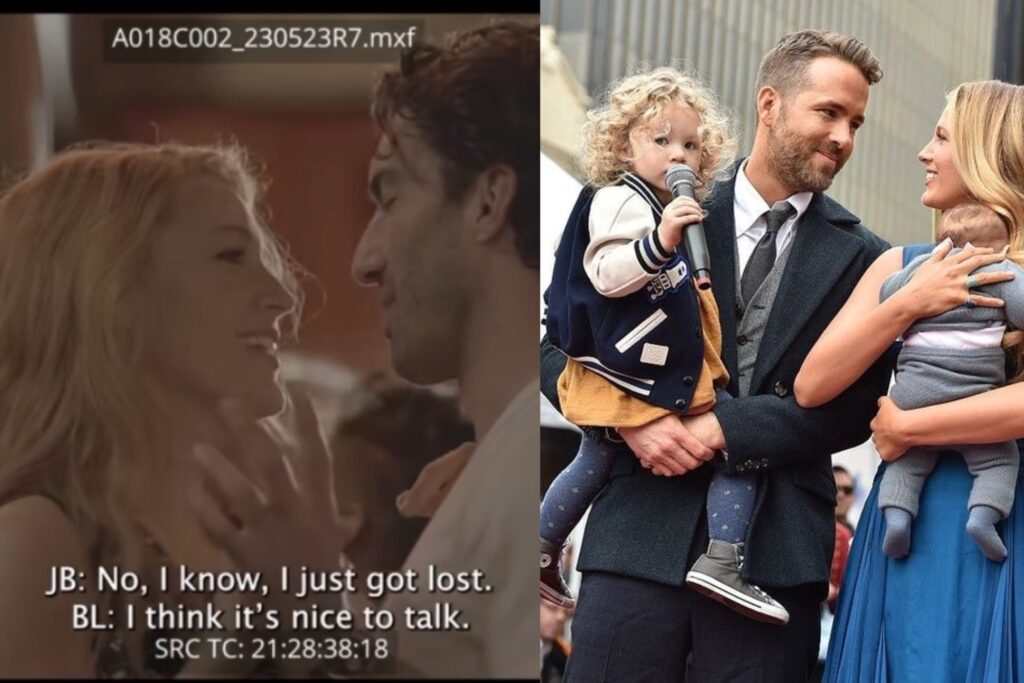NEWS
BREAKING: ‘It Ends With Us’ Director Justin Baldoni’s Camp Fires Back, Labeling Blake Lively and Ryan Reynolds’ Attempts to Silence His Lawyer with a Gag Order as ‘Grossly Unfair’ in Ongoing Legal Battle, Highlighting a Potential Threat to Free Speech in Celebrity Lawsuits

Lively and Reynolds’ Legal Silence Bid Slammed as ‘Grossly Unfair’ by Baldoni’s Camp
Los Angeles, January 24, 2025 – In a dramatic turn of events, Justin Baldoni’s legal team has fiercely criticized Blake Lively and Ryan Reynolds for what they describe as an “unfair” and “grossly unjust” attempt to silence their lawyer, Bryan Freedman, through a gag order in the midst of a high-profile legal battle.
The saga between the stars of “It Ends With Us” has taken yet another contentious turn. Blake Lively, alongside her husband Ryan Reynolds, recently filed for a protective order against Freedman, accusing him of engaging in what they describe as an “improper conduct” media campaign. This move came shortly after Freedman released footage from the film’s set, which he claims disproves allegations made by Lively against Baldoni regarding sexual harassment on set.

Baldoni, who not only co-starred with Lively but also directed the film, has previously countersued Lively, Reynolds, and others for defamation, among other claims, seeking damages exceeding $400 million. His legal team’s response to the gag order request has been swift and scathing.
Sources close to Baldoni, as reported by Us Weekly, argue that imposing a gag order after what they perceive as defamation by The New York Times against Baldoni is “grossly unfair.” The New York Times article, published late last year, was cited by Baldoni’s team as having cost him three jobs and hundreds of millions in potential earnings. Baldoni’s camp insists that he should be allowed to defend himself by releasing further evidence, including videos and text messages, to counter the allegations made by Lively.
Lively’s legal complaint had accused Baldoni of sexual harassment and creating a hostile work environment, claims which Baldoni vehemently denies. The legal documents obtained by Us Weekly reveal that the couple’s legal team argued that Freedman’s actions constituted a “harassing and retaliatory media campaign” against them, seeking to influence public perception and potentially prejudice a jury.
The Hollywood Reporter highlighted the back-and-forth in this legal tussle, noting Freedman’s reputation for not shying away from media engagement, which has previously landed him in legal hot water. However, Freedman did not comment directly on the gag order request but sources close to Baldoni emphasize his desire to prove his innocence with tangible evidence.
This legal battle has not only divided fans but also sparked a broader conversation about the ethics of media strategy in celebrity lawsuits, the right to defend oneself in the public eye, and the balance between privacy and public interest.
As the legal drama unfolds, it remains to be seen how the courts will navigate the complexities of celebrity influence, media freedom, and the right to a fair trial. Both sides have assembled formidable legal teams, and with the public’s eyes firmly fixed on this case, every move is being scrutinized for its implications on Hollywood’s legal landscape.
The request for a gag order is currently under review, and the outcome could set precedents for how similar cases are handled in the future, particularly when it comes to the intersection of celebrity status, legal rights, and media freedom











